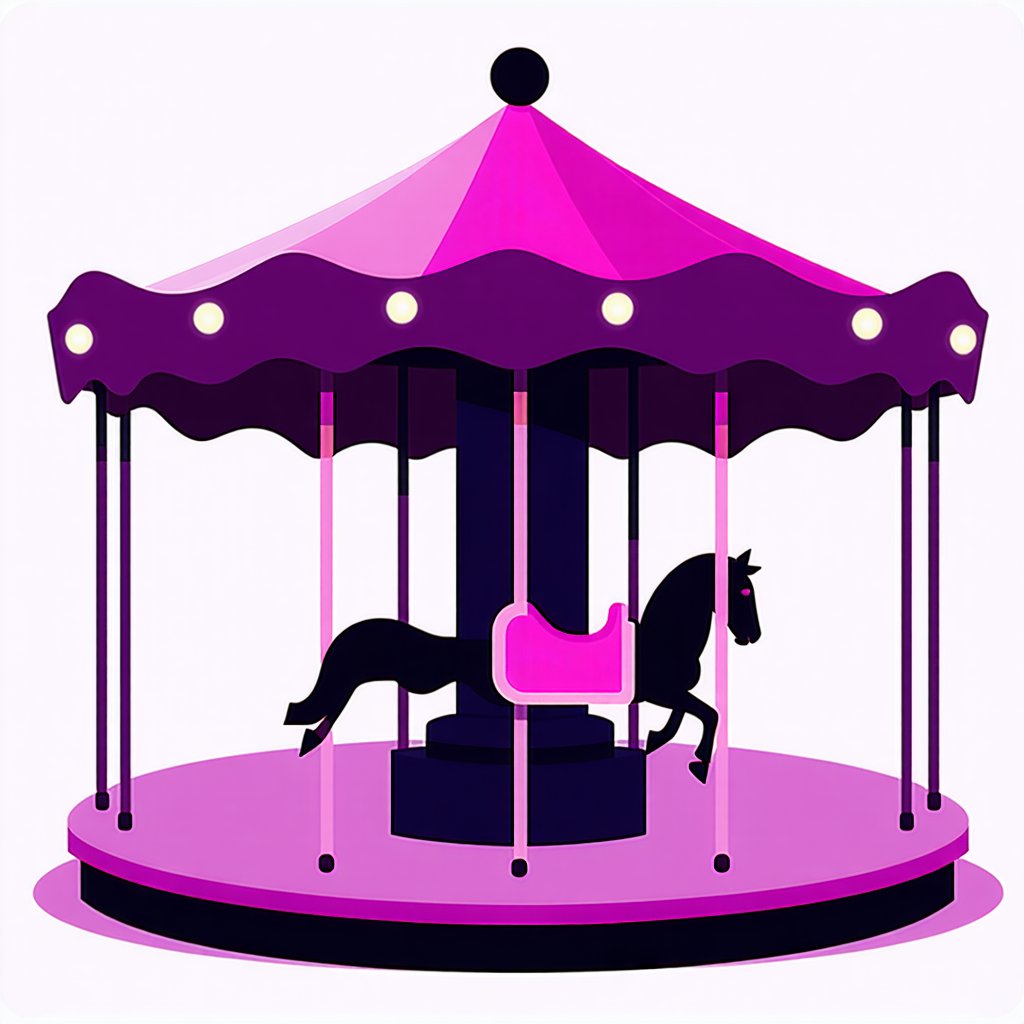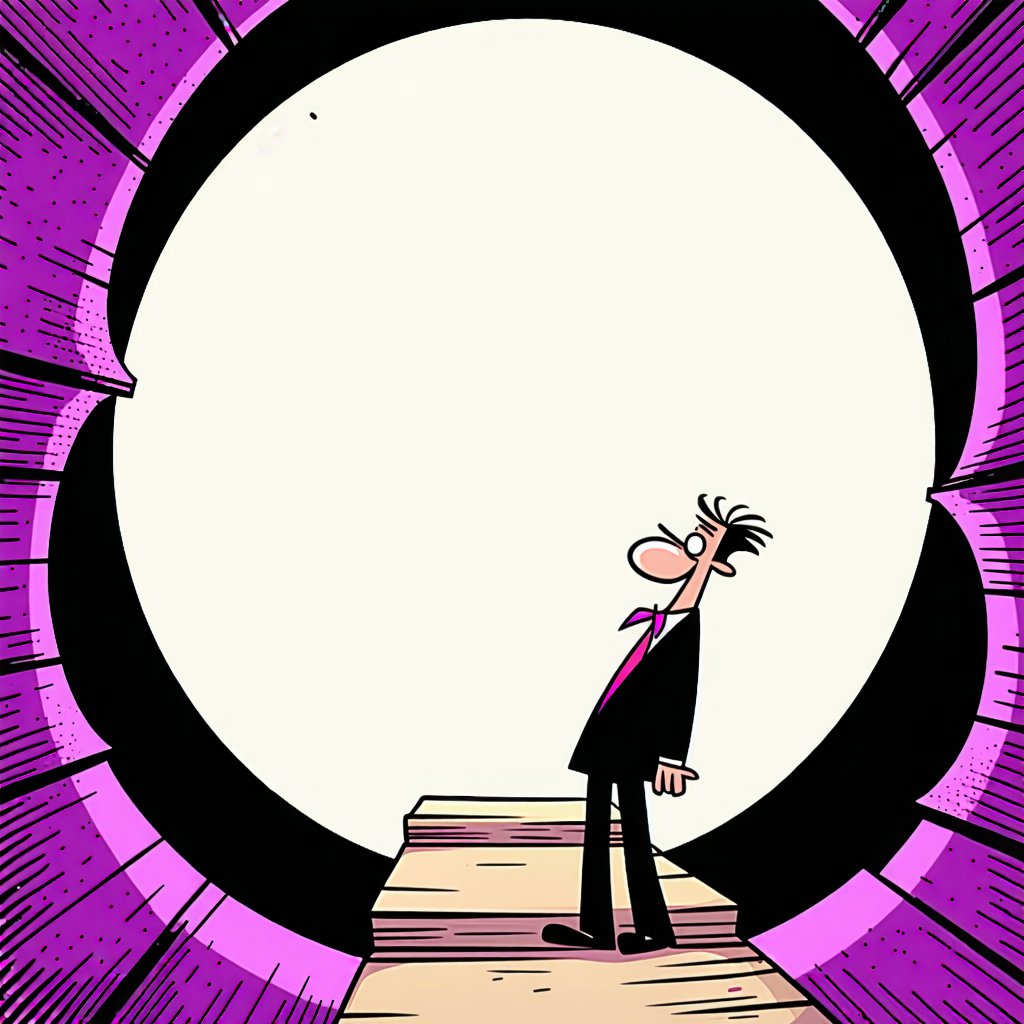paradox
A paradox is like a riddle that seems to not make sense at first. Imagine a toy box that says, ‘Do not open this box because it is empty.’ If it’s empty, why can’t you open it? That’s confusing, right? This is what makes it a paradox. It’s something that makes your brain go, ‘Hmm, that doesn’t add up!’ Think of a paradox like a seesaw. One side says, ‘I am lying,’ but if it’s telling the truth, then it’s lying, and if it’s lying, then it’s telling the truth. It goes back and forth, and your mind tries to balance it out, but it just keeps tipping from one side to the other.
Think of a paradox like a seesaw. One side says, ‘I am lying,’ but if it’s telling the truth, then it’s lying, and if it’s lying, then it’s telling the truth. It goes back and forth, and your mind tries to balance it out, but it just keeps tipping from one side to the other. A paradox can also be like a magic trick. You see something that shouldn’t be possible, like a magician pulling a rabbit out of an empty hat. You know it’s a trick, but you can’t figure out how it works. Paradoxes are fun because they make us think hard and try to solve a puzzle that doesn’t seem to have an answer. They remind us that sometimes, things are not always what they seem.
A paradox can also be like a magic trick. You see something that shouldn’t be possible, like a magician pulling a rabbit out of an empty hat. You know it’s a trick, but you can’t figure out how it works. Paradoxes are fun because they make us think hard and try to solve a puzzle that doesn’t seem to have an answer. They remind us that sometimes, things are not always what they seem.